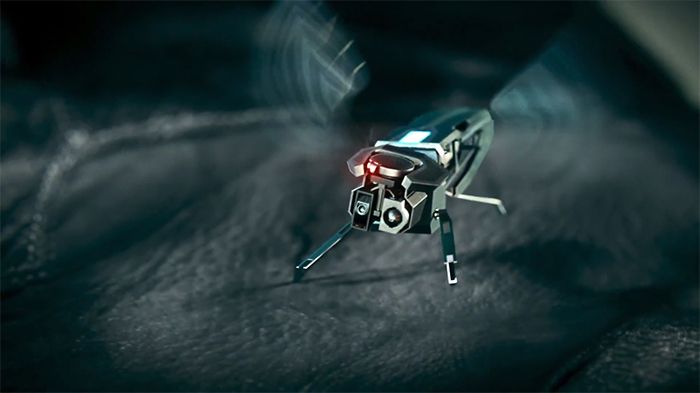Scientists from the University of Southampton have reengineered the fundamental process of photosynthesis to power useful chemical reactions that could be used to produce biofuels, pharmaceuticals and fine chemicals.
Photosynthesis is the pivotal biological reaction on the planet, providing the food we eat, the oxygen we breathe and removing CO2 from the atmosphere.
Photosynthesis in plants and algae consists of two reactions, the light-reactions absorb light energy from the sun and use this to split water (H2O) into electrons, protons and oxygen and the dark-reactions which use the electrons and protons from the light reactions to ‘fix’ CO2 from the atmosphere into simple sugars that are the basis of the food chain. Importantly, the light reactions have a much higher capacity than the dark reactions resulting in much of the absorbed light energy being wasted as heat rather than being used to ‘fix’ CO2.




